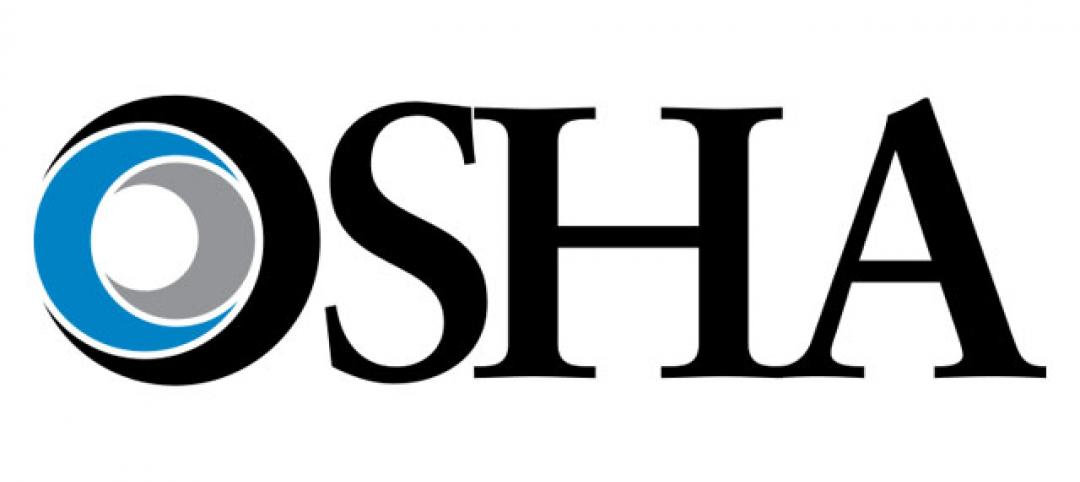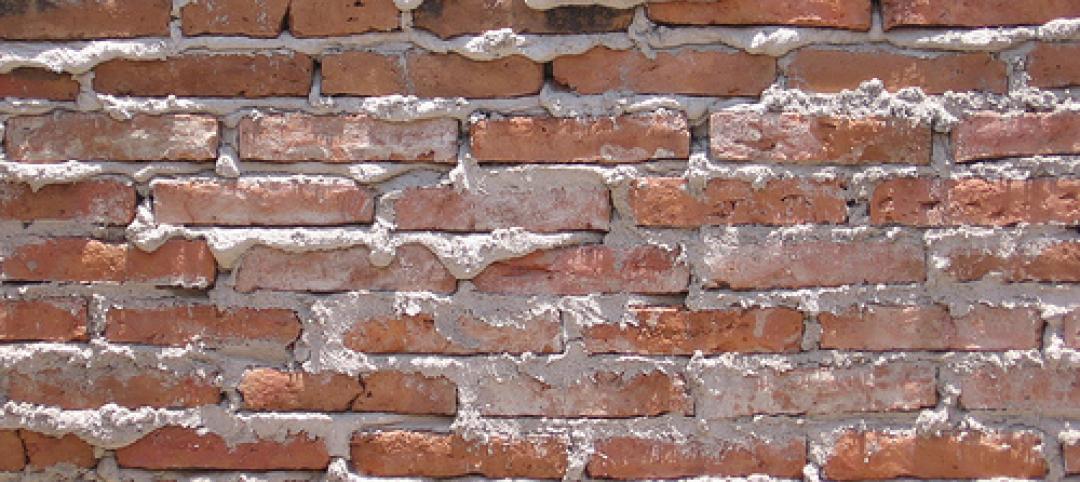After offices and other places of business reopen following COVID-19 shutdowns, tenants and owners face increased legal liability, and property insurance plans may not cover this risk.
If an employee or guest contracts the disease, the prospect of a lawsuit puts companies and property owners at risk. Though most re-openings come with stringent measures to protect the health of workers and visitors, those actions may not be enough to protect a company from liability if someone catches COVID-19 within their property.
Companies have to follow the necessary guidelines to safeguard their buildings from COVID-19 transmission, but they also must ensure compliance with those measures, a lawyer interviewed by GlobeSt advises. Plaintiffs would not necessarily have a difficult time proving that they were infected at a particular location.
The prevalence of mobile devices, private security cameras, and other tracking and tracing methods, there could be enough data to determine who was within six feet of an infected person. If businesses adhere to guidelines to prevent disease transmission, though, they stand a much better chance of prevailing in court.
Related Stories
| Feb 9, 2012
Rapid growth of zero energy buildings expected
Much of that growth will be in the European Union, where near-zero energy buildings are mandated by 2019 for public buildings, and by 2021 for all construction.
| Feb 9, 2012
Stiffer OSHA fines put strain on Kansas contractors
A fine for a violation that once cost between $750 and $1,200 now runs $7,000 or more per incident, according to a state industry association official.
| Feb 9, 2012
Webinar focuses on lessons learned from LEED-certified industrial project
A Construction Specifications Institute webinar will focus on the lessons learned through the design and construction of a LEED-certified industrial project, Better Living Mill Shop, the first industrial building in Central Virginia to earn LEED certification.
| Feb 8, 2012
California likely to eliminate redevelopment agencies
Leaders of California cities had been trying to fashion a compromise with lawmakers after the state Supreme Court ruled the state had the authority to eliminate the agencies and use their property tax money for local services.
| Feb 8, 2012
Project aimed at economical seismic retrofits on historic Memphis structures
The group will develop a low-cost seismic retrofit model that would benefit aging brick-and-mortar structures. It involves bolting steel brackets to existing wooden floor and ceiling joists.
| Feb 8, 2012
Houston signs on to Better Buildings Challenge
The challenge has about $4 billion in federal and private-sector funds, which it will use for building energy upgrades nationwide in the next two years.
| Feb 8, 2012
OSHA offers free health and safety consulting for small businesses
The consultants offer confidential, non-punitive advice.
| Feb 8, 2012
Controversy over pay for prisoners on roofing job in Michigan
The disagreement was over whether the prisoners should have been paid prevailing wage for their brief time on the job because the project was paid for with a U.S. Department of Energy grant.















